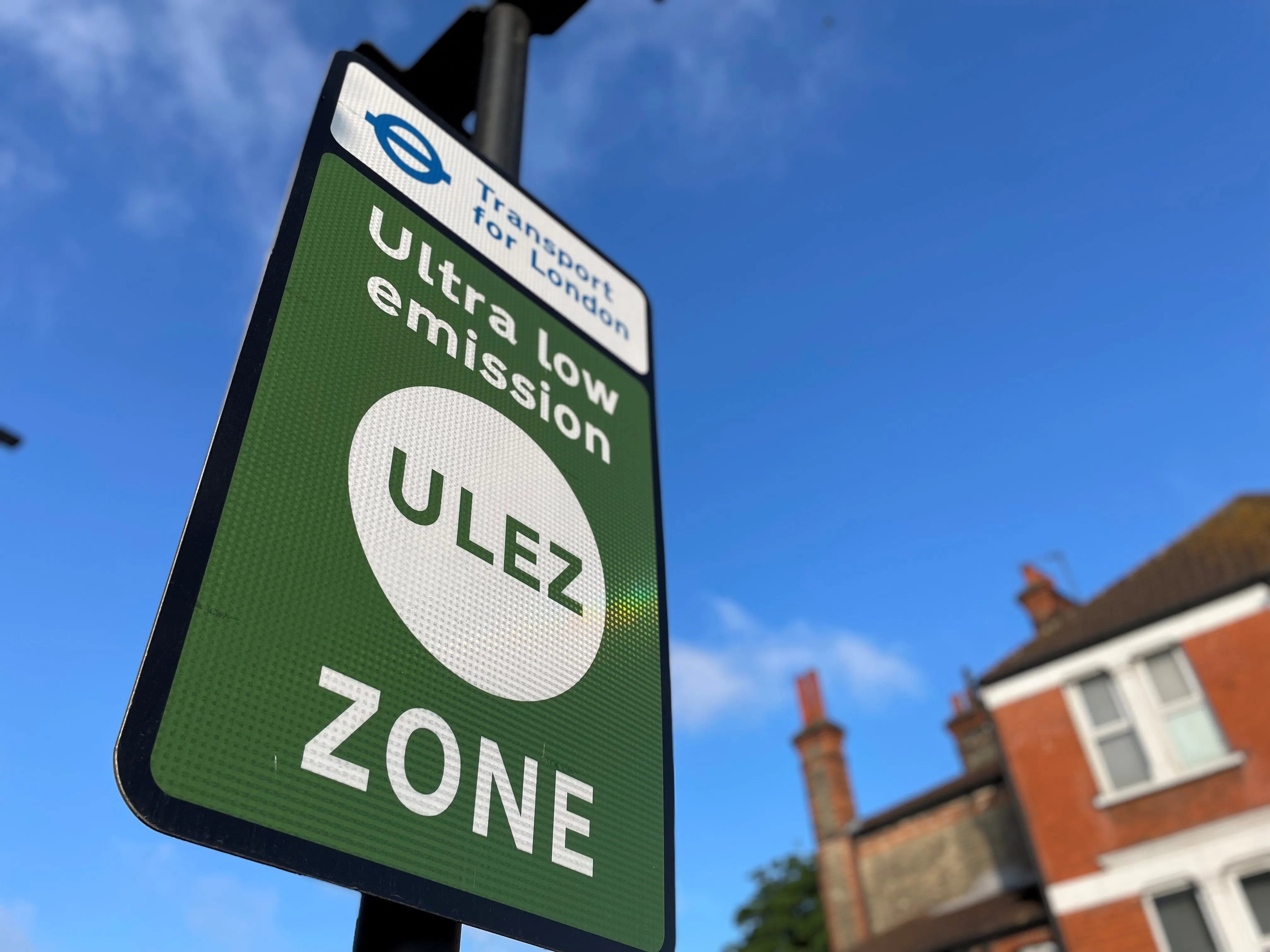The Institute recently criticised the draft plan, saying the proposed measures to reduce NO2 concentrations were likely to be ineffective. Many towns and cities in England suffer excessive – and illegal – levels of NO2 concentrations on their busiest roads and these levels are now known to be injurious to health. CILT believes that charging non-compliant vehicles to enter Clean Air Zones (CAZs) is the only way to bring these concentrations down quickly and tackle the health risk. However, the draft plan treated this as a last resort after all other methods could be shown to fail. CILT is disappointed to see that the new Air Quality plans perpetuate this same approach.
CILT is pleased to see that the new plan does now contain a new option for local authorities – recommended by the Institute in response to the draft plan – to consider the simple exclusion of old, polluting vehicles from CAZs as an alternative to charging; as is common in some 200 towns and cities in 13 countries across Europe.
We recommend that this option should be explored by local authorities, as a practical approach to tackle euro-emission requirements for compliant vehicles, and can be introduced initially for older vehicles, and then progressively tightened over time as the community gets used to the measures.
The Government’s announcement to ban the sale of new petrol and diesel engine cars and vans from 2040 is a welcome step. This will bring benefits of CO2 reduction as well as improving local air quality. However, CILT feel that this announcement does nothing to help the immediate air quality problems which require determined action now. This announcement has been described as a ‘smokescreen’ to draw attention away from the ineffectiveness of the immediate plans.
Government has issued direction to 23 designated local authorities to prepare and evaluate options to bring NO2 concentrations within legal limits by March 2018, and to have firm implementation plans by December 2018. Among the various options available, they place the onus entirely on local authorities to make the case for charging non-compliant vehicles, and do not provide any political ‘cover’ and CILT continues to see this as is a weak and timid approach, particularly given the urgency and the health risks.
Banning new petrol and diesel cars a ‘smokescreen’ for lacklustre air quality plan, says CILT
Following publication of the Government’s Air Quality Plan, the Chartered Institute of Logistics and Transport (CILT) believes that government could do better than the “weak and timid” plans, particularly given the urgency and the health risks. The Institute recently criticised the draft plan, saying the proposed measures to reduce NO2 concentrations were likely to be ineffective. Many towns and cities in England suffer excessive – and illegal – levels of NO2 concentrations on their busiest roads and these
August 2, 2017
Read time: 3 mins
Following publication of the Government’s Air Quality Plan, the 6500 Chartered Institute of Logistics and Transport (CILT) believes that government could do better than the “weak and timid” plans, particularly given the urgency and the health risks.







